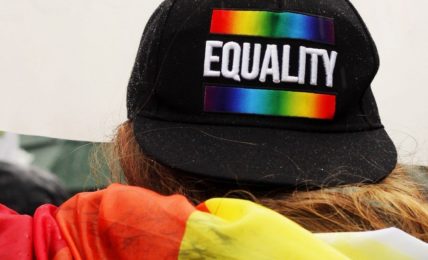New report says LGBTQ+ employees are less satisfied at work than non-LGBTQ+ colleagues
While the report provides some insight into corporate inclusivity, the LGBTQ+ community isn't a monolith. Dividing the workforce into two broad categories (LGBTQ+ vs. non) provides some preliminary data, but that isn't enough information for employees (or employers) to get a clear picture of the exact discriminatory systems at play in a given organization.







